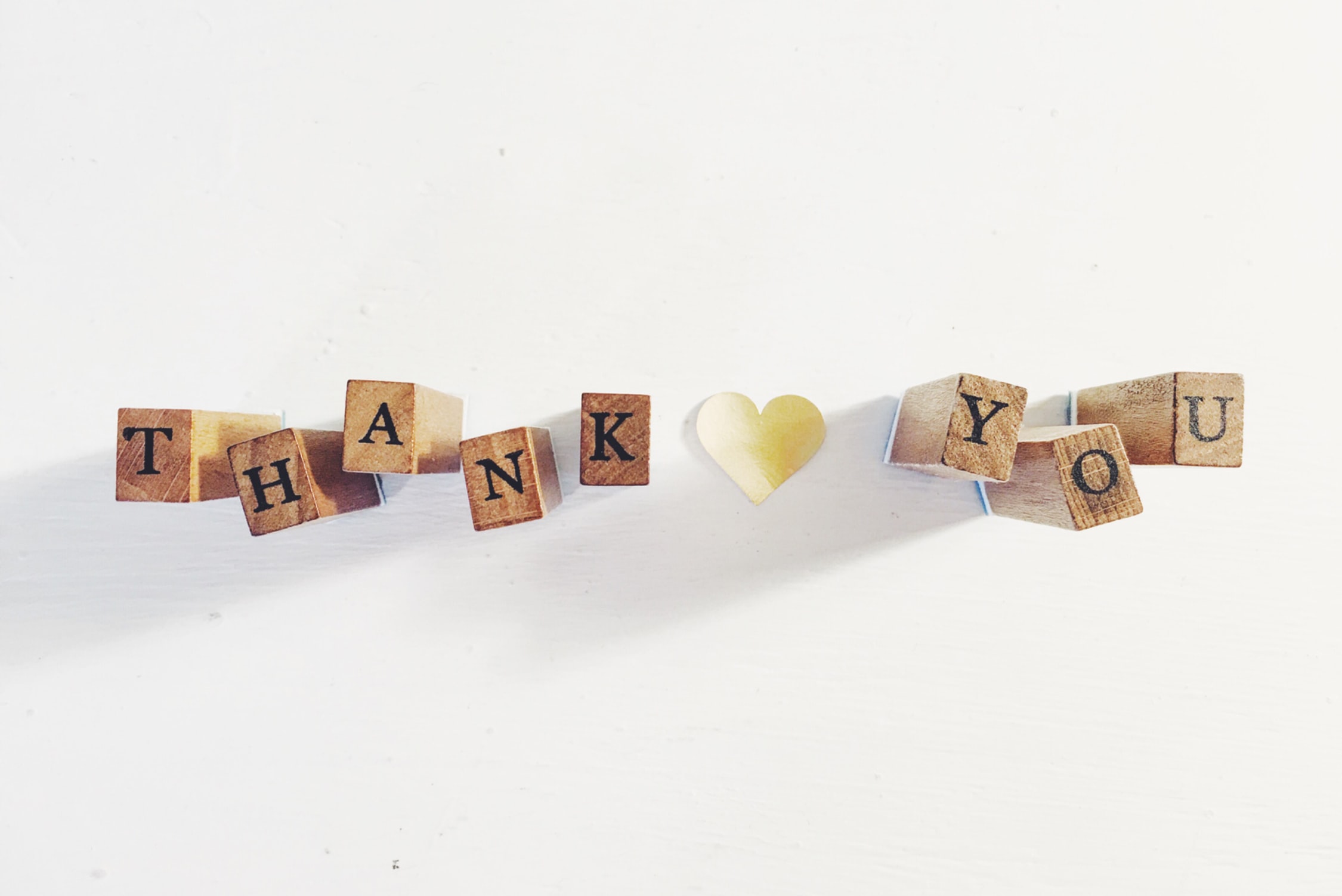Saying thank-you is one of these things we do as humans, that has become so intrinsic and automatic that we don’t give it much thought. In many cases we are told from a young age it’s polite. I can still picture vividly the times where my mother was on my back saying “what do we say?”.
However simple it is, or intrinsic it becomes, it plays an important role in our lives, and is worth spending a bit of time understanding more profoundly.
In fact properly understanding why we appreciate others, and how to do so effectively is one of the core life skills that radically improve our quality of life and relationships.
According to Maslow one of our human needs is for love and belonging. Appreciation is way in which we full fill this need.
Although on the surface the act of saying thank you seems pretty simple, for an array of reasons we don’t seem to express it enough, or when we do, we might not do it correctly.
A survey from Gallup on US employees showed that more than half of employees stated that being under-appreciated was the reason for leaving their job.
Instead of going on about how to express appreciation, I wanted to address a much more fundamental problem; some of the reasons we don’t appreciate each other as much as we should.
Reason #1: We believe saying thank you lowers our status
Saying thank you can feel like we are placing ourselves in debt to that person, hence placing us on a lower status level. So naturally we believe create this belief.
The thing with status is, it’s not a finite resource. E.g. In order for you to increase your status, I don’t have to give up some of mine. It’s quite the opposite actually, status is how we perceive ourselves in relation to others, and so the more interaction we have the better our chances are to change how we feel about ourselves in relation to others.
By creating an environment in which everyone feels comfortable to ask for help and to give support to each other allows everyone to grow and develop, resulting in them heightening their status.
Reason #2: I’m just doing my job – and so should you
We are expected to deliver what we are getting paid to do, and expect others to do the same. When we hold this belief about ourselves, it inhibits us from saying thank you to others, because we don’t think it’s deserved or necessary.
Although this is understandable it doesn’t fully capture the nature of human beings and what motivates us to be our best selves. Appreciating someone, emotionally rewards them for their efforts and encourages them to continue doing their best.
In contrast, if you don’t appreciate someone for what they do it will quickly result in them only delivered the bare minimum. This is probably a key reason why many businesses fail, or just get by without ever achieving success or truly delivering on their promises.
Reason #3: I can do it, so can you!
As humans we are subject to a series of biases that inhibit us from seeing the world it actually is. One of these biases is called the false consensus bias results in us thinking that the things that come to us easily do so as well for others.
This bias, inhibits us from acknowledging when our peers do something remarkable because it’s not to us. Spending some time learning more about what the strengths and weaknesses are of the people around you will go a long way in helping you give appreciation where it’s due.
You may feel like all 3 of these reasons apply to you, or maybe none at all. Either way, I felt it was important was to address some of the deeper, more psychological reasons that inhibit us from giving thanks where thanks is due.
Hopefully these will get you to start reflecting upon your own behaviour around appreciation and what might be stopping you from appreciation your peers more effectively.
